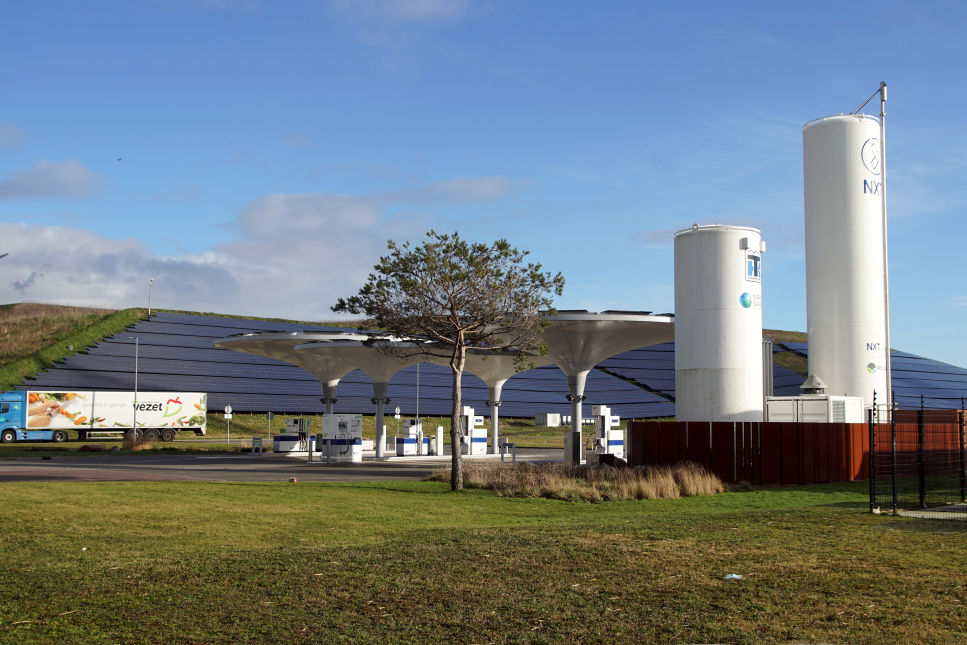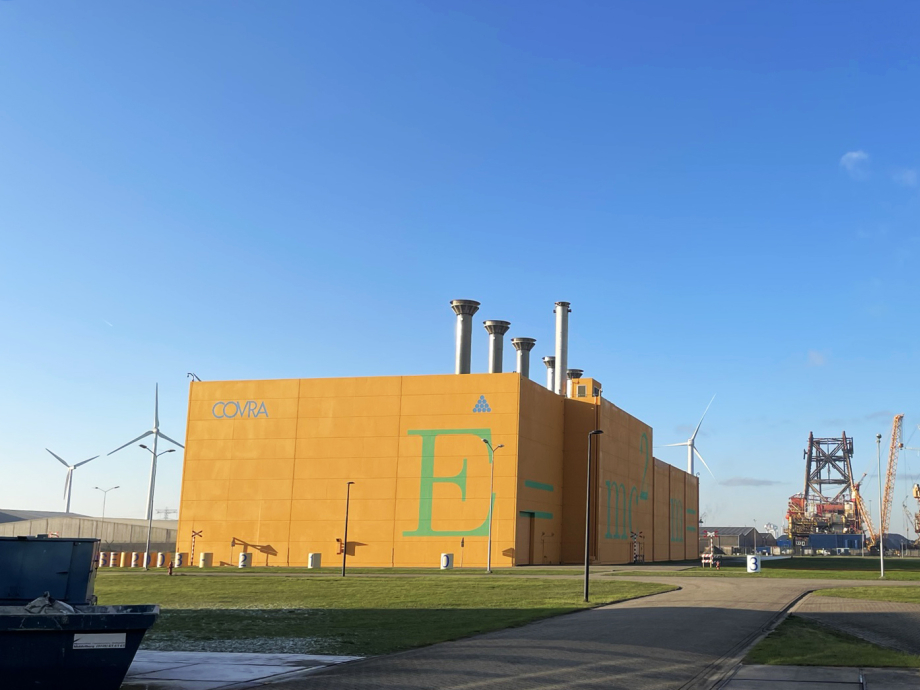Sustainable industry
The Netherlands aims at a fully circular economy by 2050, with its industry being climate-neutral. Making energy-intensive activities more sustainable – for example oil refining, chemicals, steel and fertiliser production – is a complex task. It requires huge amounts of renewable energy, in addition to carbon capture and storage. Industry must also start using renewable raw materials and, for example, CO2 derived from industrial processes or from the atmosphere. Making industry more sustainable demands large-scale private and public investment in innovation and infrastructure. That will require balancing up various interests, such as future earning capacity, quality of life, and claims on renewable energy, infrastructure, raw materials, and space.

Discussion as to how industry can be made more sustainable is currently mainly between technical experts, policymakers, and the existing industrial clusters, with a great deal of emphasis on making existing industry more sustainable. Greater attention is needed for ‘green creative destruction’, i.e. building up new, sustainable industrial ecosystems, together with the responsible phasing out of polluting industries. The Rathenau Instituut aims to contribute to broadening public discussion of the sustainable industry of the future. We will do so by enriching the content of the discussion and by enabling new groups to have their say.
Photo: hydrogen fueling station in Alkmaar ( Thijs de Graaf/Shutterstock)
